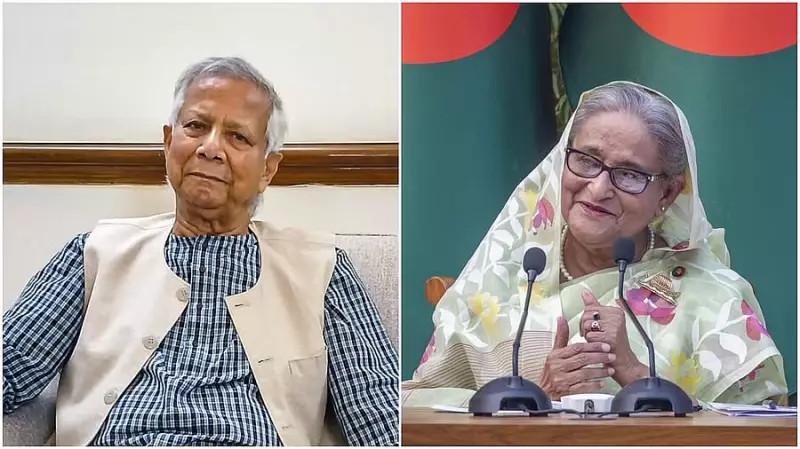
Bangladesh's interim government has issued a stern warning to media organizations against publishing statements from former Prime Minister Sheikh Hasina, whom they have declared a 'fugitive.' The government directive represents a significant escalation in the ongoing political tensions within the South Asian nation.
Government Crackdown on Fugitive Communications
The interim administration explicitly prohibited news outlets from broadcasting or printing any statements attributed to Sheikh Hasina. The warning came with serious legal implications for any media house that chooses to disregard the directive. This move effectively silences one of Bangladesh's most prominent political voices through official channels.
Authorities reinforced their position by stating that using false identities or illegally accessing systems to spread hate speech, ethnic incitement, or calls for violence constitutes a punishable offence. This additional clarification suggests the government is preparing legal grounds to prosecute anyone attempting to circumvent the media ban on Hasina's communications.
Legal Ramifications and Enforcement
The government's statement outlines clear consequences for violations. Media organizations found publishing content from the former leader could face legal action under the new guidelines. The prohibition extends beyond traditional media to include digital platforms and social media channels.
The timing of this announcement, dated November 18, 2025, indicates a strategic move by the interim government to control political narratives during a sensitive period in Bangladesh's governance. The reference to 'illegally accessing systems' suggests concerns about digital communication methods being used to bypass traditional media restrictions.
Broader Implications for Free Speech
This development raises significant questions about press freedom and political expression in Bangladesh. The government's dual approach—targeting both media dissemination methods and content characterized as hate speech or incitement—creates a comprehensive framework for controlling political discourse.
Legal experts are analyzing how these measures align with Bangladesh's constitutional protections for free speech. The broad definition of punishable offenses, encompassing ethnic incitement and calls for violence, provides authorities with substantial latitude in enforcement actions against media organizations and individuals alike.
The situation continues to develop as media organizations and civil society groups assess their response to these restrictive measures. International observers are monitoring how these policies will affect Bangladesh's political landscape and its relationship with democratic principles.






